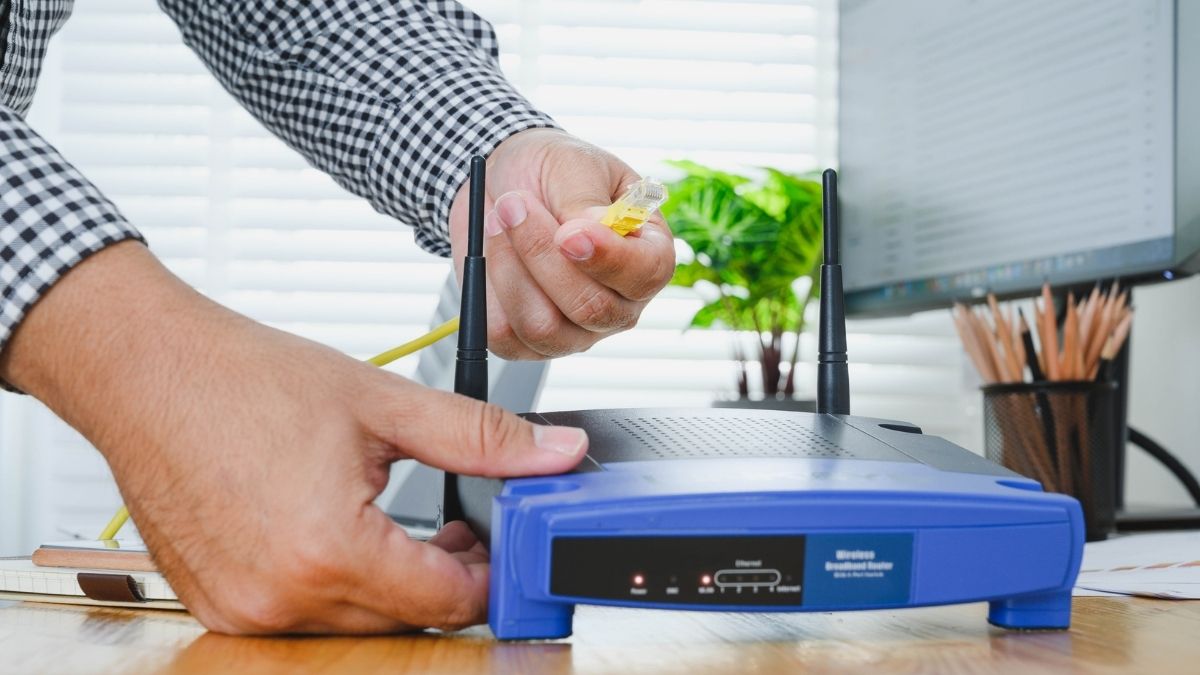If you want to keep your online activity to yourself, it’s time to move beyond your browser’s built-in privacy mode. In this Digital Life Hack, Kim will show you a few options to stay hidden, including alternative browsers and a search engine that won’t track or sell your info. But the one trick to really protect your privacy? Watch to find out.
A VPN isn't just for your computer - Here's why you need a VPN on your router, too
If you aren’t protecting your router, you’re exposing a weak spot for cybercriminals to strike. Don’t be like the millions of people using outdated routers or weak default passwords. That’s right: A study from Comparitech found that one in 16 home Wi-Fi routers use their manufacturer’s default admin password.
If you’re reading this and just realized you never gave your router a unique password, do it ASAP. Some websites provide every manufacturer’s default password. A hacker can find that default password quickly, break into your router and infect your home network.
Once you create a strong password for your router, just know you aren’t entirely in the clear. Next, you need to install a VPN on your router. Here’s what you need to know, brought to you by our sponsor, ExpressVPN.
How a VPN router works
A VPN router gives you the privacy, security, and location-changing benefits of a VPN right on your router. This means all the devices in your home can use a VPN — no apps are needed. Here are some specific benefits.
- IP and location changes. Your devices get a different IP address, concealing your real IP. This also lets you appear to be in a location of your choice.
- Strong encryption. All your online traffic is encrypted, so third parties like your internet service provider cannot see what you’re doing online.
- Protects all devices. A major advantage of a VPN router is that it extends the benefits of a VPN to devices that can’t normally install one, such as smart doorbells.
Choosing a router
If you’re not in the market for a new router, make sure your VPN can connect to the one you have. Just head to your VPN’s website and research router connections. For example, if you’re using ExpressVPN, here’s a list of compatible routers, along with steps to download ExpressVPN onto the router or manually install the software.
If your router is slow and outdated it might be time to upgrade. Here are four things to keep in mind when looking to buy a new router:
- Compatibility. If you plan to install VPN software on your new router, you must choose one that is compatible with your VPN.
- Ease of setup. You can buy a router and manually set it up, or get one that comes pre-configured with a VPN to avoid the hassle.
- Speed and bands. The newer your Wi-Fi technology, the more powerful its speeds and coverage.
- VPN features. If you’re buying a router with VPN preinstalled, look at the VPN service’s features.
That’s not all ExpressVPN can do for you
Big tech corporations are supposed to safely handle our personal online data, but now they’re getting into the political game. I don’t want to be a part of that, nor should you. That’s why I trust and use ExpressVPN.
Scummy data brokers caught selling military secrets — and your data, too
Data brokers are the companies that make billions of dollars gathering up, then selling or sharing our data. It’s used for everything from targeted ads (that’s how they knew you drive a Subaru) to spam (and why you get so many bogus phone calls).
Is private browsing really private? Tricks to stay truly hidden online
How to delete yourself from the internet
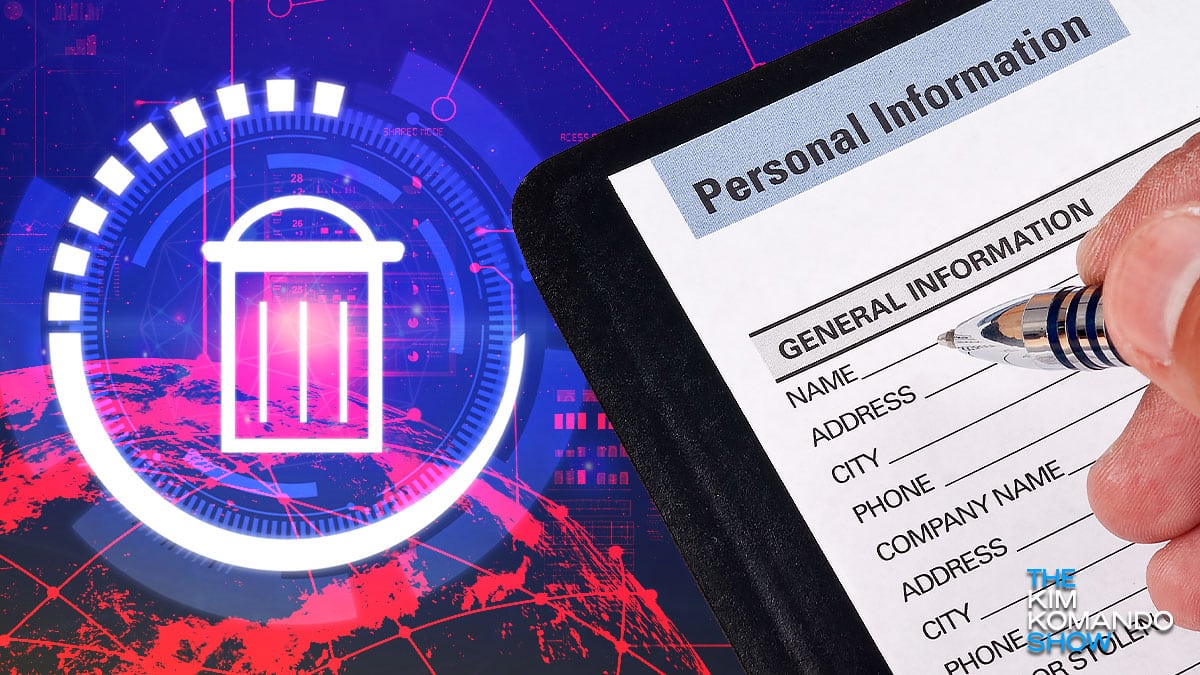
I feel lucky to have the job I do. Every day, I help folks stay up to date on tech and help solve all those digital-life problems Google just can’t answer.
And after all these years, I’ll toot my own horn a little and say there’s not much that stumps me anymore. I did get a question recently, though, on my daily podcast that had a not-so-happy answer.
Privacy how-to: Remove yourself from people search sites the easy way
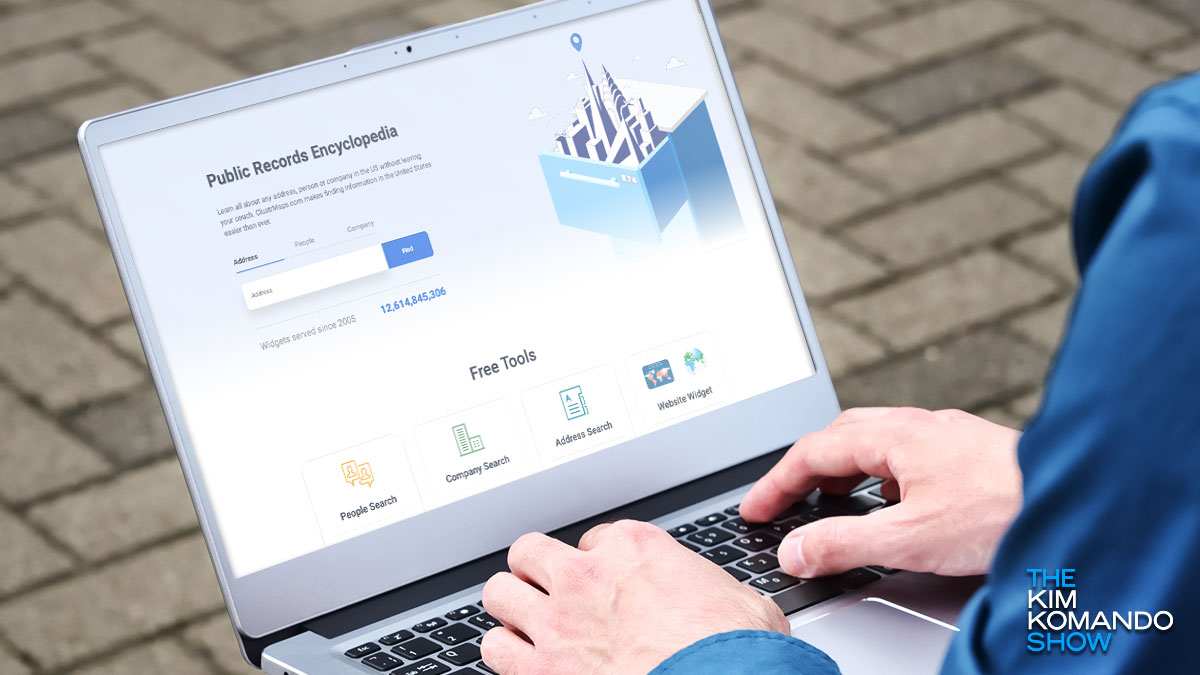
Data brokers and people search sites are more than just a nuisance; they’re a downright menace. I’ve been sounding the alarm on these digital peeping Toms for years.
Imagine a vast web of data brokers lurking in the shadows, all with one goal: To mine and sell your personal info to anyone flashing cash.
Take back control of your online privacy
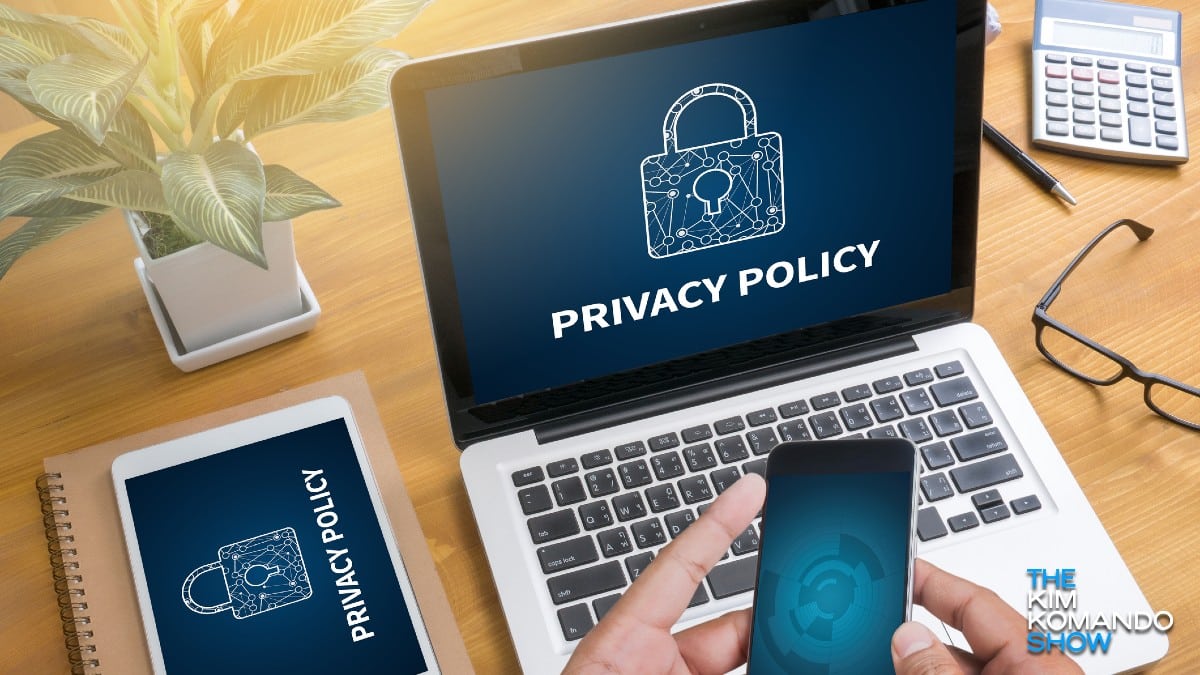
Newsflash: Your data is constantly being collected and sold. “Gee, thanks, Kim. I know,” you might be thinking. “What do I do about it?” Lucky for you, I spend a lot of time trying to answer that exact question.
If you’re tired of spam calls, unwanted emails and that nasty feeling of always being tracked, keep reading. I’ve got a simple way to take a massive chunk out of this data collection mess, thanks to our sponsor, Incogni.
Simple digital privacy step everyone should know about
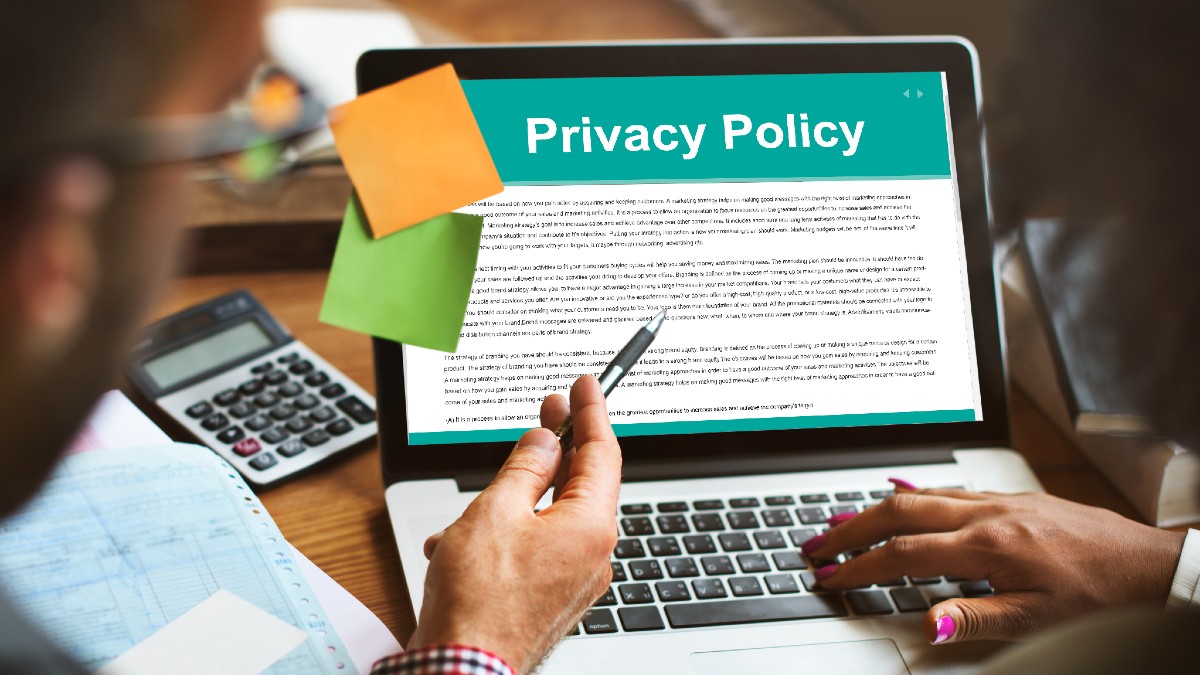
Data brokers, people search sites and online background check services, oh my. At the end of the day, they all do the same thing — scoop up your personal info and sell it to anyone interested. Marketers are at the top of the list, but scammers can also find your information this way.
Removing your info from the web takes forever - Unless you do this
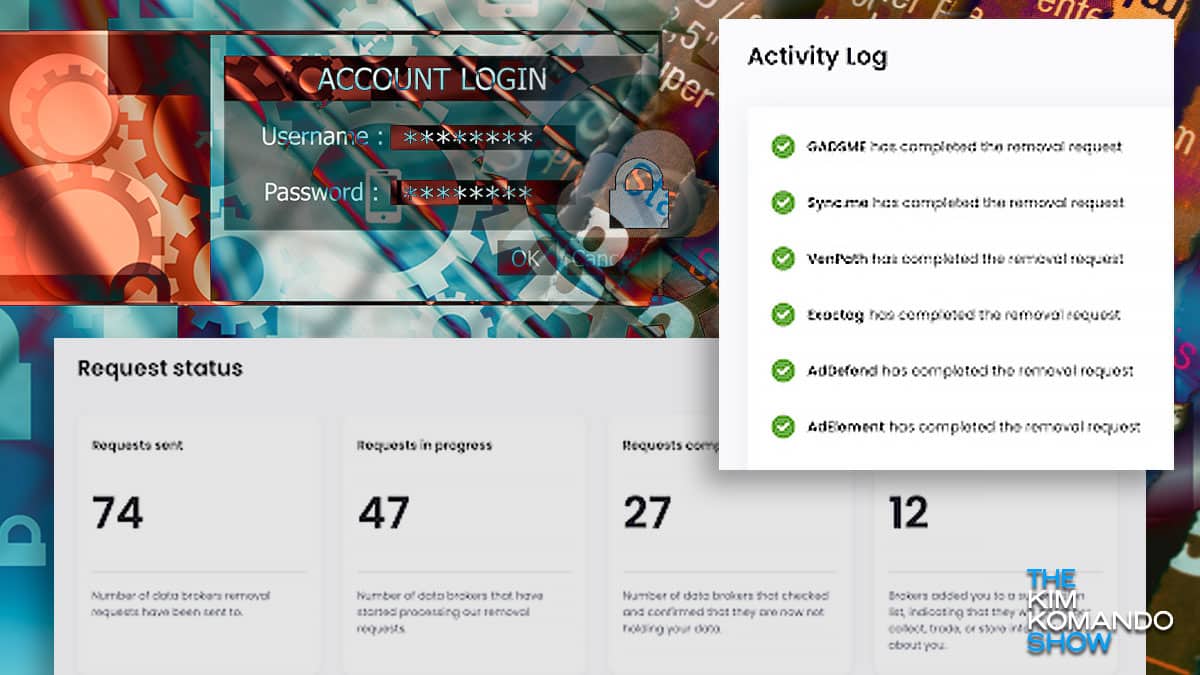
I’ve warned you about all the scummy sites that collect your personal details for years. I’ll never forget, not too long ago, when my son Ian asked about a house I lived at in my 20s. I couldn’t remember where it was.
Remove yourself from people search sites
Want to hear something a little bit creepy? Anybody who’s willing to pay online information brokers – aka people-search sites – can learn your phone number, address, criminal record and a lot more. Even more creepy? This information doesn’t always come at a price. You could be giving it away.


